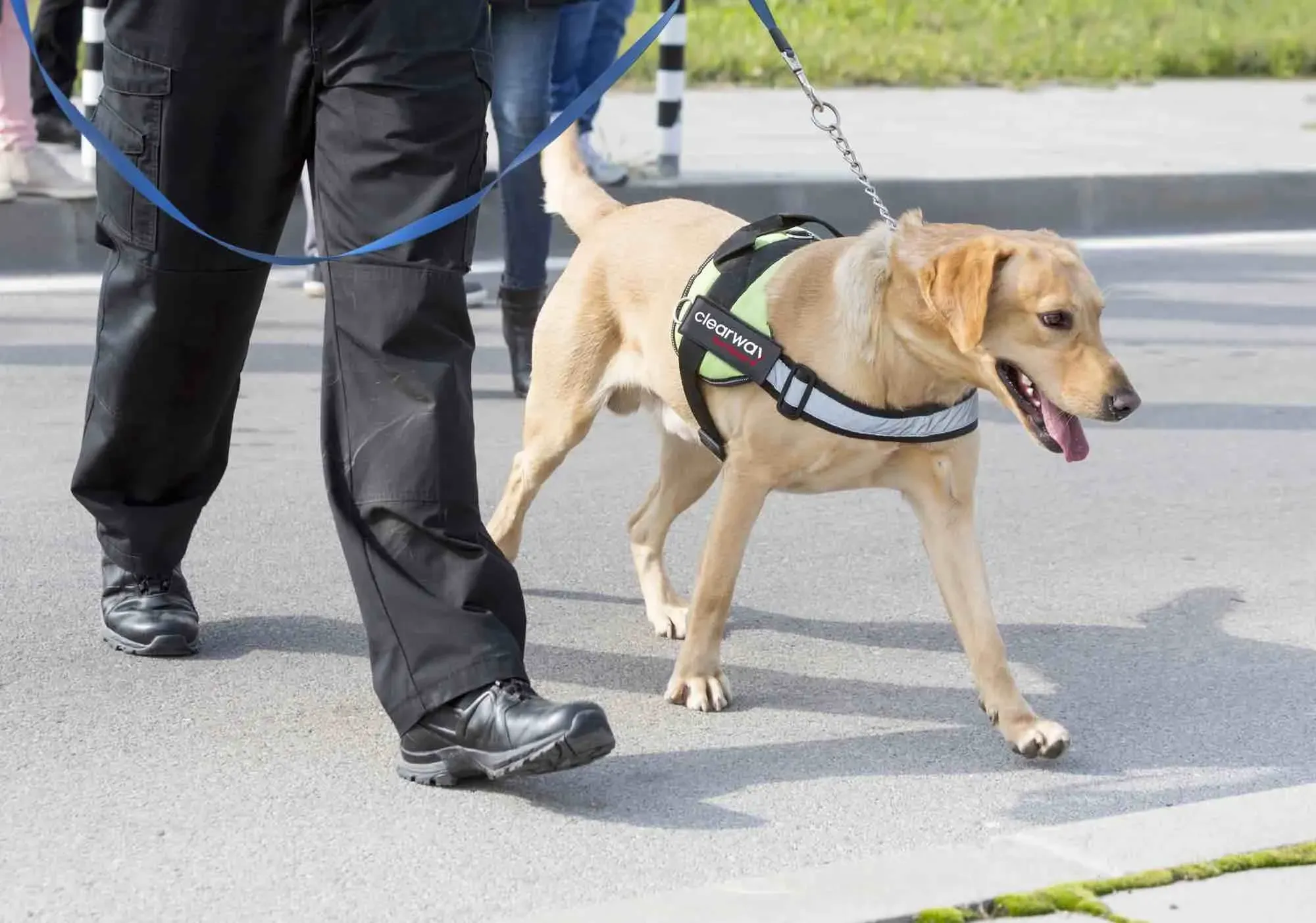Labrador Retrievers as Guard Dogs: Unraveling the Complexities
Thesis Statement
Labrador Retrievers possess inherent traits that render them unsuitable as effective guard dogs. While their breed characteristics align with companionship and service roles, their friendly demeanor, protective instincts, and tendency for excessive barking often undermine their ability to fulfill traditional guard dog responsibilities.
Inherent Characteristics of Labrador Retrievers
Labradors are renowned for their amiable and affectionate nature. Their tail-wagging exuberance and eagerness to please hinder their potential as deterrents to intruders. Their inherent friendliness extends to strangers, undermining their effectiveness in protecting property or personal safety.
Though Labradors may display protective behaviors towards their families, these instincts are typically not directed at outsiders. Their natural inclination is to alert their owners rather than confront threats. Their protective instincts are more appropriate for companionship roles where they serve as watchdogs rather than true guard dogs.
Labradors are known for their tendency to bark excessively, particularly when excited or anxious. While this can be an alert mechanism, it can also alert intruders to their presence, undermining their ability to provide covert protection. Their excessive barking can also become a nuisance to neighbors and family members.
Criticisms of Labrador Retrievers as Guard Dogs
Guard dogs are typically required to possess a level of aggression towards potential threats. Labradors, however, are typically non-aggressive and may be hesitant to confront intruders. Their friendly nature and desire to please can make them reluctant to engage in aggressive behaviors.
While Labradors are highly trainable in obedience commands and socialization, training them to become effective guard dogs presents significant challenges. Their inherent characteristics make them more suited to roles that emphasize companionship, therapy, and assistance rather than protection.
There are more suitable breeds for guard dog roles, such as German Shepherds, Doberman Pinschers, and Rottweilers. These breeds possess innate protectiveness, physical strength, and the ability to be trained for aggressive responses. Labrador Retrievers, in contrast, are better suited for family companionship and service roles.
Scholarly Perspectives and Evidence
Research conducted by the American Kennel Club (AKC) supports the notion that Labrador Retrievers are not ideal guard dogs. The AKC's breed standard emphasizes their friendly and affectionate nature, which aligns with their primary role as companions. Studies have also shown that Labradors exhibit lower levels of aggression compared to other breeds commonly used for guarding.
A study published in the Journal of Applied Animal Behavior Science analyzed the behavioral characteristics of Labrador Retrievers in various situations. The findings suggest that Labradors display higher levels of tail wagging and greeting behaviors towards strangers compared to other breeds known for their protective capabilities.
Conclusion: A Balanced Perspective
While Labradors may exhibit some protective instincts, their inherent traits and behavioral characteristics make them unsuitable as effective guard dogs. Their friendly nature, lack of aggression, and excessive barking undermine their ability to fulfill traditional guard dog responsibilities. It is crucial to recognize the limitations of Labradors in this role and to consider more appropriate breeds for guard dog purposes.
Broader Implications
The findings of this essay have implications for families contemplating acquiring a Labrador Retriever for protection. It is essential to have realistic expectations regarding the breed's capabilities and to prioritize companionship and service roles over guarding. Families should consider alternative breeds for guard dog purposes and invest in proper training and socialization to ensure the safety and well-being of their furry companions.
Cane Corsos And Their Ability To Learn Quickly
Doberman Pinschers And Their Need For Mental Stimulation
Why Beagles Make Great Pets For Active Families



